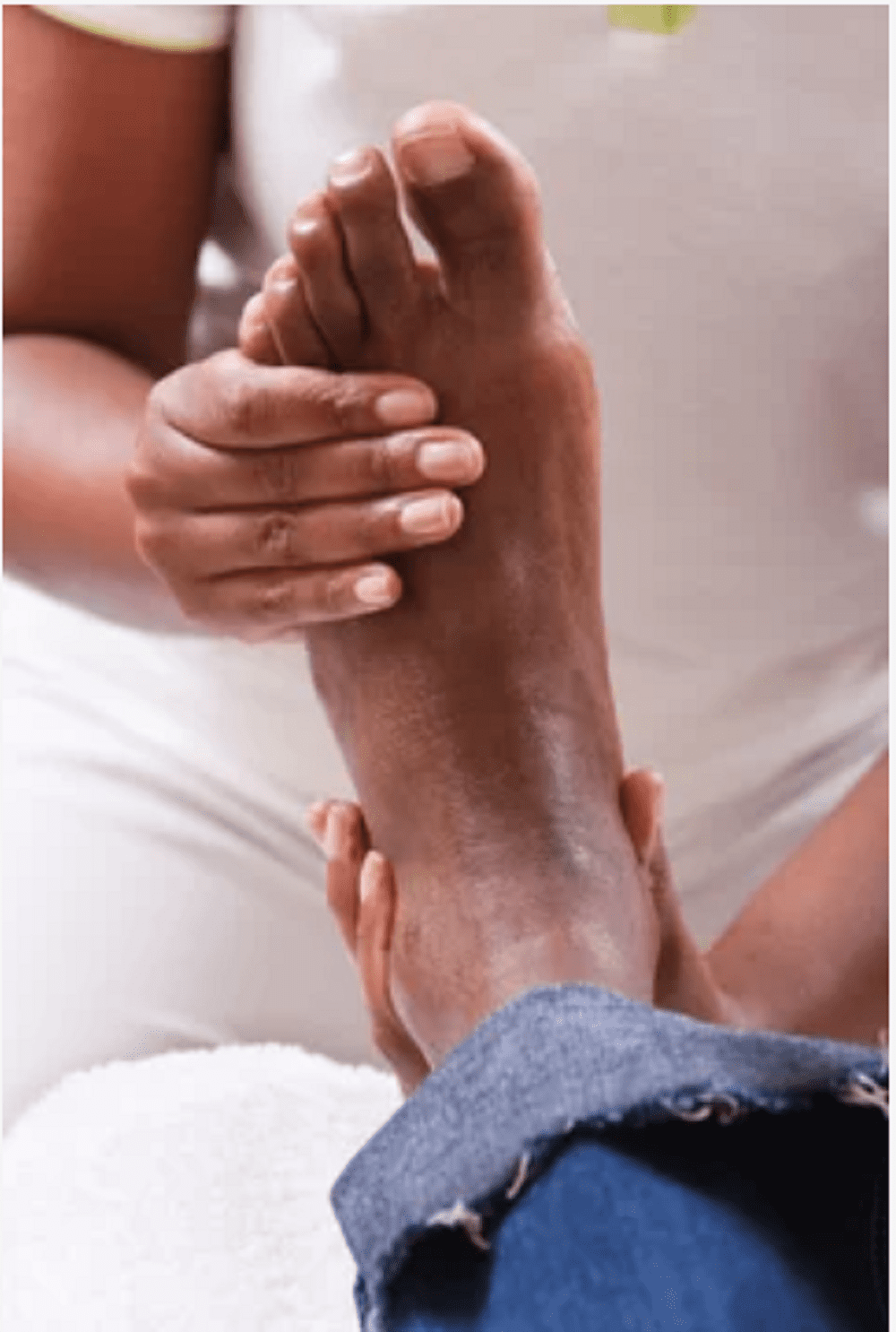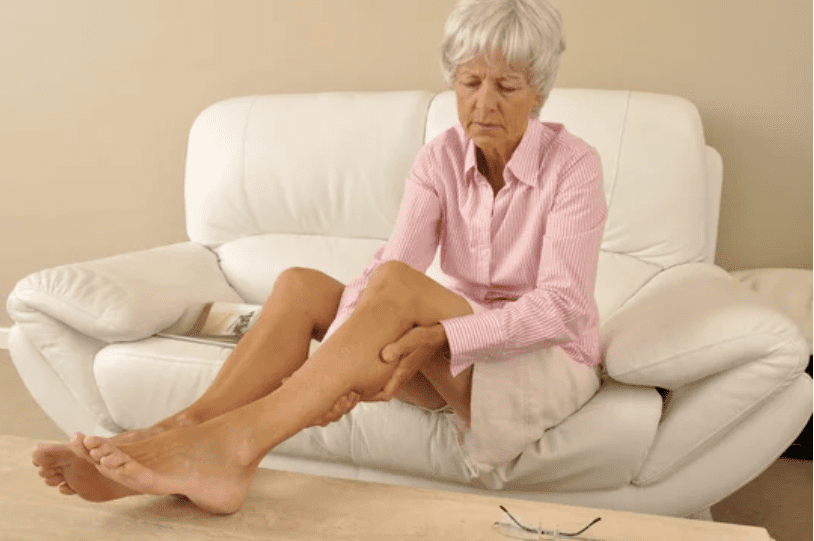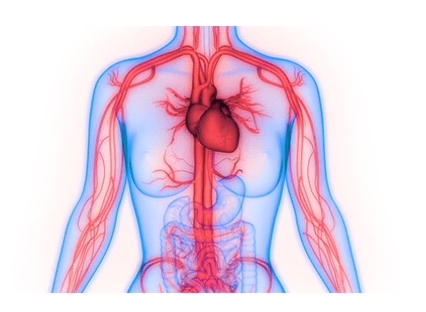
My legs are COLD. Why is my Right Colder than my Left?

You're relaxing in a comfortable camping chair, cheering on your daughter's baseball team, when you notice numbness and tingling in your lower left leg. When you try to massage your leg, you notice that one leg is cooler than the other. You try moving it in circles to get some feeling back, but it doesn't work. When you stand up to stretch, you notice that your legs are also aching and weary. You're curious as to what's causing your leg to become numb and whether it may be a sign of anything more serious.
You're not alone if you've ever had leg numbness or one leg being cooler than the other. Peripheral artery disease is a severe vascular condition that affects 8 to 12 million people in the United States (PAD). Plaque accumulation in the arteries restricts blood flow to the legs, thighs, calves, buttocks, ankles, and feet, resulting in PAD.
Chronic numbness, tingling, or coldness in one or both legs is a typical warning symptom of moderate to severe PAD. Because blocked arteries can lead to heart attack, stroke, and amputation, PAD symptoms should never be ignored.
There are a few reasons why one leg may feel cooler than the other. However, a partially or completely blocked artery might be the cause of numbness in one leg (whether it's your left or right). You may experience a variety of peripheral artery disease symptoms if your legs and feet aren't getting enough blood flow to operate correctly.
Legs that are aching and weary
One or both of your legs/feet are heavy.
Cramping in the buttocks, thigh, calf, or soles of your feet
Leg(s) fading to a light blue or grey hue
Walking or climbing stairs is difficult.
Wounds that take a long time to heal or don't heal at all
When comparing one leg to the other, you'll notice that one is cooler than the other.
These are only a handful of the many indications and symptoms of PAD; a comprehensive list may be found here. If both of your legs feel numb and tingling, or one of your feet feels chilly to the touch, you should see a vascular expert very once.
If one of your legs is cooler than the other and you have additional PAD symptoms, you should visit a vascular expert as soon as possible.
Peripheral artery disease can cause temperature fluctuations in your leg, which might suggest a moderate to severe severity of the condition. Partially to virtually completely blocked arteries describe moderate to severe PAD. A blockage indicates that your legs' tissues and muscles aren't getting enough oxygenated blood. The tissues in your legs and feet may begin to shut down and perish if there isn't enough blood flow.
As a result, patients who do not get treated for PAD risk having a heart attack, stroke, or gangrene, which can lead to amputation.
Living with unpleasant symptoms such as numbness or coolness in one leg might limit your activity level and lead to a sedentary lifestyle. A numbness feeling in your leg can also be harmful since it can lead to damage. You may not know you've been hurt or have an open wound if you can't feel your leg. Many persons who suffer leg numbness don't treat delayed or non-healing wounds because they can't feel them. If one leg is cooler than the other or your legs are numb and tingling, you should seek medical attention as soon as possible.
Fortunately, diagnosing and treating peripheral artery disease is both straightforward and convenient. To evaluate the severity of your problem, our vascular specialists at USA Vascular Centers perform an angiography or an ankle-brachial index (ABI) test. Our expert physicians will collaborate with you to develop a treatment plan that is tailored to your specific requirements after you have received a clear diagnosis. Nonsurgical PAD therapies such as stent angioplasty or atherectomy can help restore blood flow to your legs, alleviating symptoms such as numbness, tingling feelings, and one leg being cooler to the touch than the other.
We are just a call or click away. To learn more, book an appointment online or over the phone with PeachState Advanced Cardiac & Endovascular. We have several locations in Georgia: Newnan, Atlanta, & Griffin.
You Might Also Enjoy...


Feeling Faint

Should I be worried about my numb feet?

Can leg cramps be a sign of something serious?

Meet Dr. Odiete - PACE Cardiovascular Specilaist


